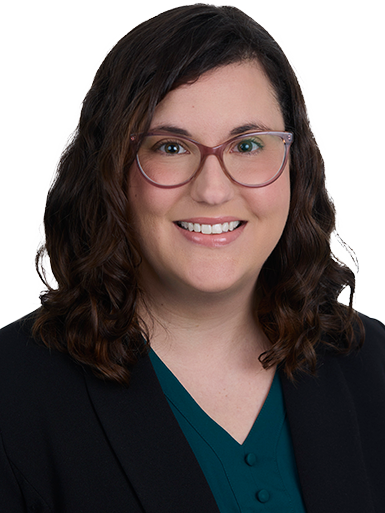GASB: Subscription-Based Information Technology Arrangements
AAFCPAs would like to remind entities following government accounting rules, including clients in the Charter School industry as well as other quasi-governmental organizations, of the Governmental Accounting Standards Board (GASB) Statement No. 96, Subscription Based Information Technology Arrangements, which is required to be adopted in FY 2023. GASB 96 applies to all subscription-based information technology arrangements (SBITAs).
As you may recall, earlier this year AAFCPAs provided a detailed analysis of GASB 96.
To summarize:
- SBITAs may include website subscriptions, cloud computing arrangements, digital textbooks and software and computer operating systems.
- SBITAs would not include non-subscription components including perpetual licensing arrangements and maintenance services.
GASB 96 has several similarities to GASB Statement No. 87 Leases, including:
- The definition of the lease/Subscription term, which includes:
- The noncancelable period of the agreement
- Optional renewal periods if the Organization or Vendor are reasonably certain to exercise the option
- Periods after an optional termination period if the Organization or Vendor are reasonably certain not to exercise the option
- General recognition and measurement:
- If the SBITA term is greater than 12 months, Organizations should record a Subscription Asset and a corresponding Subscription Liability
- SBITAs under 12 months are considered short-term
- Rules surrounding modifications and terminations
- The use of the incremental borrowing rate, which can be determined by assessing:
- Recent debt terms of the Organization (if applicable)
- The length of the subscription. Organizations will have different incremental borrowing rates across different subscription terms
Because there are so many similarities between the two accounting standards, there can be some confusion on which accounting standard to apply. It is important to understand if the underlying asset is a capital asset or IT software:
- If tangible capital assets alone, follow GASB 87
- If IT Software alone, follow GASB 96
- If IT Software is combined with tangible capital assets (multi-function printer and laptops for example)
- If software is most significant cost, follow GASB 96
- If capital asset is more significant, follow GASB 87
What does AAFCPAs Advise?
To estimate how this change will affect your Organization, AAFCPAs advises clients to summarize all subscription agreements and consider the impact the new standard will have on your financial statements.
If you have questions about how the new Subscription Accounting Standard will impact you, contact David J. Kelleher, CPA, CGMA at dkelleher@nullaafcpa.com, 774.512.4042; Nichole Reilly, CPA, MBA, at nreilly@nullaafcpa.com, 774.512.4016; or your AAFCPAs partner.


